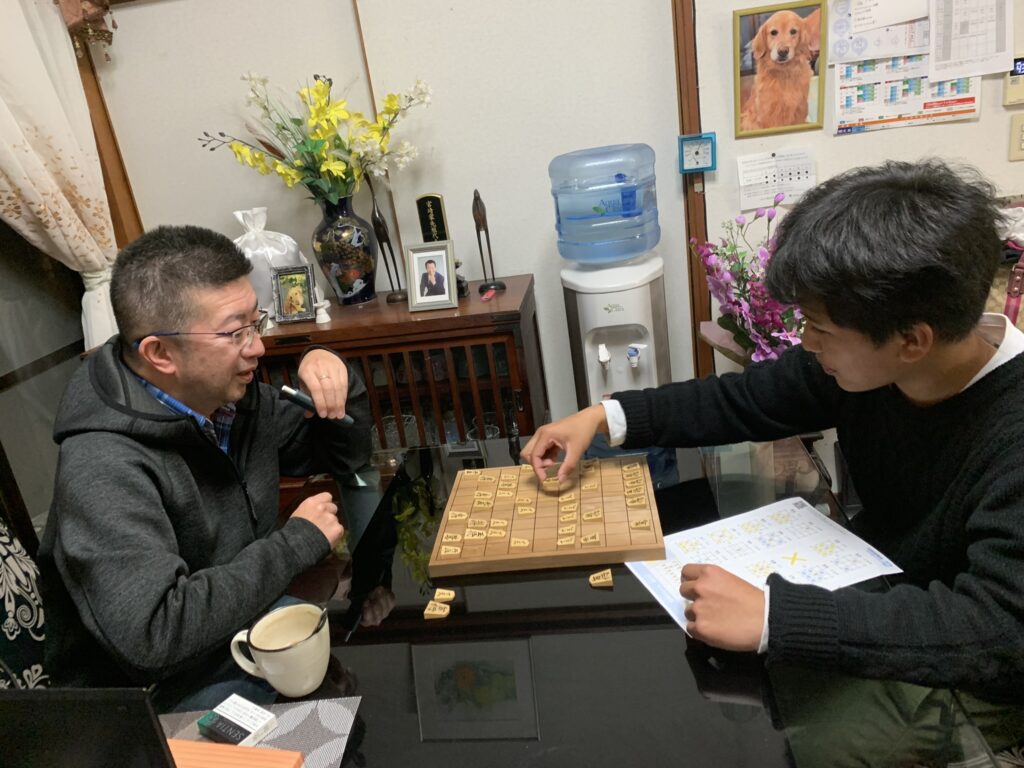
Gerd AltmannによるPixabayからの画像
What does it mean to be the adoptive father of your beloved Filipino wife’s stepdaughter?
I think that being the adoptive father of a Filipino wife’s child is attractive to many men. For many men, it’s more than just an opportunity to raise and support children, it’s a part of a unique cultural experience. In some cases, it can also be seen as an expression of affection for a woman.
Adoption laws vary from country to country, but in general, if you are married to or in a long-term relationship with a Filipina, you may be able to adopt her biological child. However, several steps are required to achieve this. First, consent must be obtained from both the spouse and the child’s mother (or legal guardian). Another important step is to obtain approval from the local courts where your wife lives. In addition, you must also meet other requirements that may apply, such as age and financial stability.
Once all parties have agreed and all required documents have been submitted and approved by the court, the adoption process will begin. Depending on the region or country you live in, the government agencies that handle adoptions may differ, so additional documentation may be required for the final process. This procedure makes you the official adoptive father of your spouse’s biological child and allows you to take advantage of all the rights legally granted to a minor adopted child, including social security benefits and inheritance rights. .
For many men who have adopted Filipinos after marriage or long-term relationships, there is much joy in that. Not only can you be exposed to family traditions that have been passed down through the generations, you can be exposed to new cultures, and you find great joy in providing others with their needs, such as emotional support and physical protection. . Adoptive parenting also creates a deeper bond with your partner’s children while creating lifelong memories for all involved. The connections made through this thing often go beyond what can be expressed in words.

Relationship with filipino wife
For many men, being the adoptive father of a Filipino wife’s child can be very attractive. It is a special thing to welcome a child born to a beloved Filipino wife as one’s own child. Moreover, if you are approaching your 60th birthday like me, you can have a sense of fulfillment and a sense of purpose that you cannot get anywhere else.
However, the decision to become a foster parent is not taken lightly. In particular, it is important to understand the cultural implications of adoptive parenthood within Filipino culture.
In traditional Filipino families, adoption is considered a mark of respect and honor to the biological parents who chose other family members and friends to raise their children. Therefore, it is important that prospective parents demonstrate their commitment by being open and understanding about the new family structure. This includes respecting the traditions and beliefs of both parties while recognizing how they differ from what they were used to in previous relationships and marriages.
In addition, it is important that prospective adoptive parents establish strong ties, if possible, with their relatives in the Philippines. Doing so will create good relationships between the parties involved and create a harmonious environment for everyone involved in this unique situation. By creating such a meaningful bond between the adopted child and the family, the adoptive father can provide the support needed when needed and encourage the child’s journey through life.
Adopting a Filipino wife’s child, if done right, can be very rewarding for both parties, but it is important to note that such a relationship will move forward as one big happy family. Careful consideration should be given in advance so that everyone can have realistic expectations!

New Levels of Marriage Commitment
Couples who get married often have different levels of commitment. Some people are looking for a lifelong partner, a soulmate, while others may be caught up in the short-term. However, no matter how prepared you are in marriage, there are things that can bring you closer together. That is to be the adoptive father of a Filipino wife’s child.
Being an adoptive parent has many benefits for couples who are committed to making their marriage work. Not only does it deepen the bond between husband and wife, but it also deepens the love for his real mother (Filipino wife). Giving children from the Philippines the opportunity to experience other cultures can help strengthen the bond between husband and wife.
The legal process of adopting a child is lengthy and requires a lot of effort on both sides, but when it is completed, you can rest assured that you have taken an important step towards your marital stability. Also, since a family can be created through adoption rather than through biological means, there will be a significant difference between all parties involved, including the husband and wife, the adoptive mother (the Filipino wife), and the relatives of both sides affected by this new arrangement. A sense of mutual respect will be nurtured.
Adopting a child from a Filipino wife also has the appeal of keeping the new family together, even if they are geographically separated. This connection can be invaluable when emotional support is needed, for example, when one of the spouses has to move away from home or has to make a difficult decision about school or life. With such a bond, the couple will be more mentally prepared than the unbonded couple to face similar challenges in their lives.
Adoptive parenting not only enhances the marriage, but also enhances intergenerational contact, giving couples more opportunities to build strong family relationships over time.

to overcome cultural differences
The allure of being a foster father to a Filipino wife’s child is a unique experience that is both challenging and challenging. The challenge comes from the cultural differences between you, your wife, and your children. But with careful consideration and an open mind, we can bridge this gap and build strong bonds as a family.
When faced with cultural differences between yourself, your Filipino wife, and your biological child, it is important to recognize the importance of culture in your respective lives. Respect for each other’s cultures is essential to building trust within the family. For that reason, it is necessary to take time to get to know each other’s traditions and values. For example, you may attend religious events together or visit historical sites associated with either culture. It is also effective for the whole family to learn the culture, such as language and cooking.

Working with an adopted child helps foster good relationships regardless of cultural differences within the family. Simple things like playing games or taking a walk in nature together, as well as planned activities like joining a sports team or club, can help build a bond between parents and children. Also, by discussing cultural differences with each other, we can gain valuable information such as why people do things the way they do. When you tell a story like this, everyone actively listens and it sets the stage for understanding over time.

Adopting someone else’s child, who has been brought up with different customs than your own, is a no-brainer if the parents, despite their cultural differences, are united in their common goal of successfully raising a child. Not scary, not impossible. By respecting those involved and providing opportunities to get to know each other through shared experiences and conversations, cultural differences can be easily overcome, and over time the unfamiliar can turn into something beautiful!



コメント